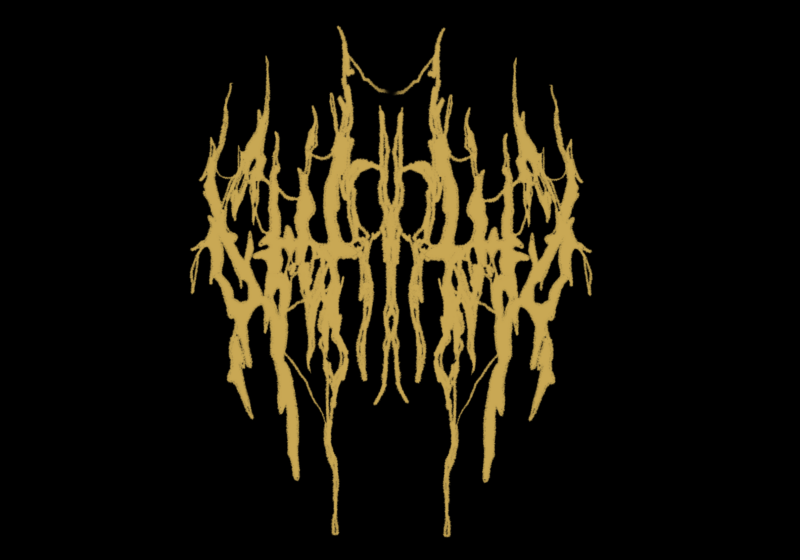Robert F. Kennedy, Jr. spoke last Thursday night, criticizing the media, the Bush administration and the leaders of the country’s most prominent industries. He called them catalysts for the increasingly deteriorating conditions of the nation’s water, air and forests. Kennedy is the author of “Crimes Against Nature” and the co-author of “The Riverkeepers,” but is best known for his role as an environmental advocate and lawyer.
“The big polluters have been very adept over the past decades about marginalizing environmentalists as tree-huggers and radicals,” Kennedy said. “But, there is nothing radical about clean water and clean air for our children. We are not protecting it for the fishes and the birds; we are doing it because nature is the infrastructure of our communities.”
Despite a noticeably shaky voice due to a neurological disorder that causes speech impairment, the lively Kennedy engaged the crowd by turning environmentalism into a personal issue, combining startling statistics with anecdotes from his experiences as a lawyer and a father.
“My children can no longer safely go fishing with their father and mother and come home and eat the fish – because somebody gave money to a politician,” Kennedy said, referring to the millions of dollars of campaign funding that President George W. Bush campaign received from oil, mining and timber industry executives, including an estimated $158 million from the coal industry.
The U.S. Department of Agriculture, Forest Service, Environmental Protection Agency and the Justice Department form part of the many government departments where industry lobbyists and lawyers have taken the top positions and have deliberately lowered pollution standards to benefit the businesses that they represent, according to Kennedy. “The lobbyist, the bottom feeders, the worst of the worst of each industry have been selected to run the agencies that are supposed to be protecting all of us.”
Citing a report found on the EPA’s website, he stated that 18,000 Americas die every year as a result of the elimination of the New Source Rule during George W. Bush’s administration. The rule, which would have held the coal-burning power plants accountable for the air pollution that they generate, instead allowed the industry to continue its operations and even dismissed lawsuits against the biggest polluters.
“The speech was much more abrasive and passionate than I expected it to be; however, I appreciated his energy,” co-president of Grassroots Rebecca Fine said. “Some of the points that hit home were his emphasis that smart environmental decisions translate to positive economic impacts.”
Kennedy’s remarks were not limited to politics and environmentalism. He blamed the media for blatantly ignoring environmental issues and creating a culture of ignorance.
“One of the things that stood out was when he talked about the dangerously high levels of mercury found in fish,” sophomore Josh Meiseles said.
Kennedy explained that the mercury readings from his blood tests were so elevated that the probability of a pregnant woman with identical levels giving birth to an infant with birth defects is almost 100 percent.
“His speech basically echoed most of the facts that we knew about sustainability and energy preservation, but he had interesting stories and brought a different perspective to the matters,” Meiseles said.
Additionally, Kennedy rebuked conservative Republicans and Christian Fundamentalists, who he claims have infiltrated and dominated the media and misled the public.
“We have a negligent and indolent press in this country,” Kennedy said. “Americans today are the best entertained but the least informed people on the face of the earth.”
The speech was sponsored by the Campus Activities Board, Grassroots and the Rochester Center for Community Leadership at the University.
Kennedy closed with the sentiment that if changes aren’t made to the current trends in environmental policy, the mistakes Americans make may become irreversible.
“We don’t inherit the planet from our ancestors,” Kennedy said. “We borrow it from our children.” Fernandez can be reached at mfernandez@campustimes.org.




